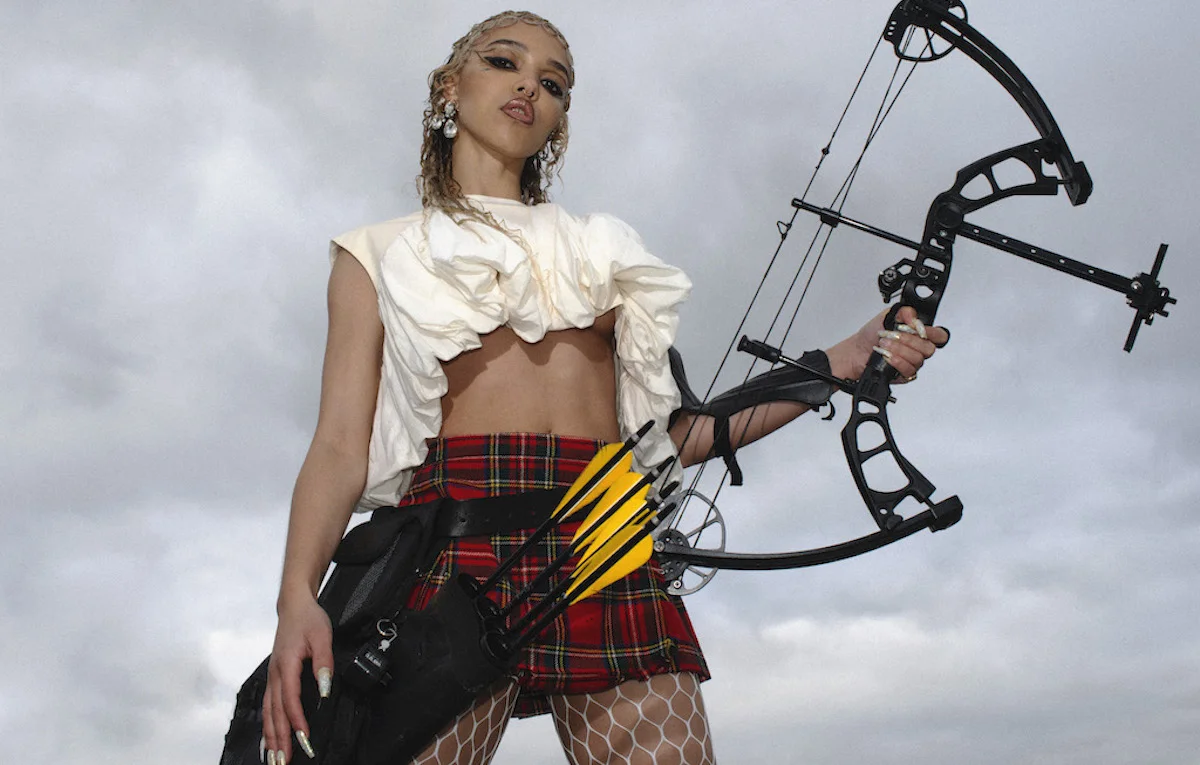In a recent turn of events, FKA Twigs finds herself at the center of controversy as a Calvin Klein poster featuring the artist is banned in the UK, sparking a dialogue about censorship, double standards, and the empowerment of women.
The banned advertisement, portraying Twigs in a denim shirt draped over one shoulder, faced criticism from the Advertising Standards Authority (ASA). Two complaints were lodged, asserting that the image was overly sexualized and objectified women, ultimately leading to the ruling that it was “likely to cause serious offence.” The ASA argued that the focus on Twigs’ body overshadowed the promotion of the advertised clothing.
Taking to Instagram to address the situation, FKA Twigs expressed her perspective, vehemently rejecting the label of a “stereotypical sexual object.” She emphasized her pride in her physicality, drawing inspiration from trailblazers like Josephine Baker, Eartha Kitt, and Grace Jones. Twigs commended Calvin Klein and the photographers Mert and Marcus for providing her with a platform to express herself authentically, asserting her right to control her narrative.
The controversy highlights the ongoing debate surrounding censorship and the portrayal of women in advertising. FKA Twigs’ bold stance challenges societal norms, urging a reevaluation of the standards imposed on female artists. As discussions on body positivity and empowerment gain momentum, Twigs remains unwavering in her commitment to celebrating strength, individuality, and the art she creates with her unique vessel.
Despite the ban, Twigs stands tall, echoing the sentiments she shared during the campaign’s launch: “When I’m in my 60s and have grandchildren, I can show them these pictures and say, ‘Your grandmother was strong.'” Calvin Klein, defending the ad, emphasizes the natural and neutral poses, arguing for a progressive and enlightened message.
As the conversation unfolds, FKA Twigs emerges as a symbol of resilience and defiance, challenging not just the ban but also the societal constructs that seek to limit the expression of empowered women in the world of fashion and beyond.


